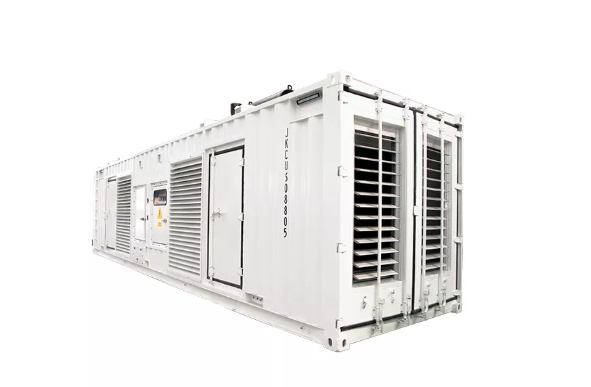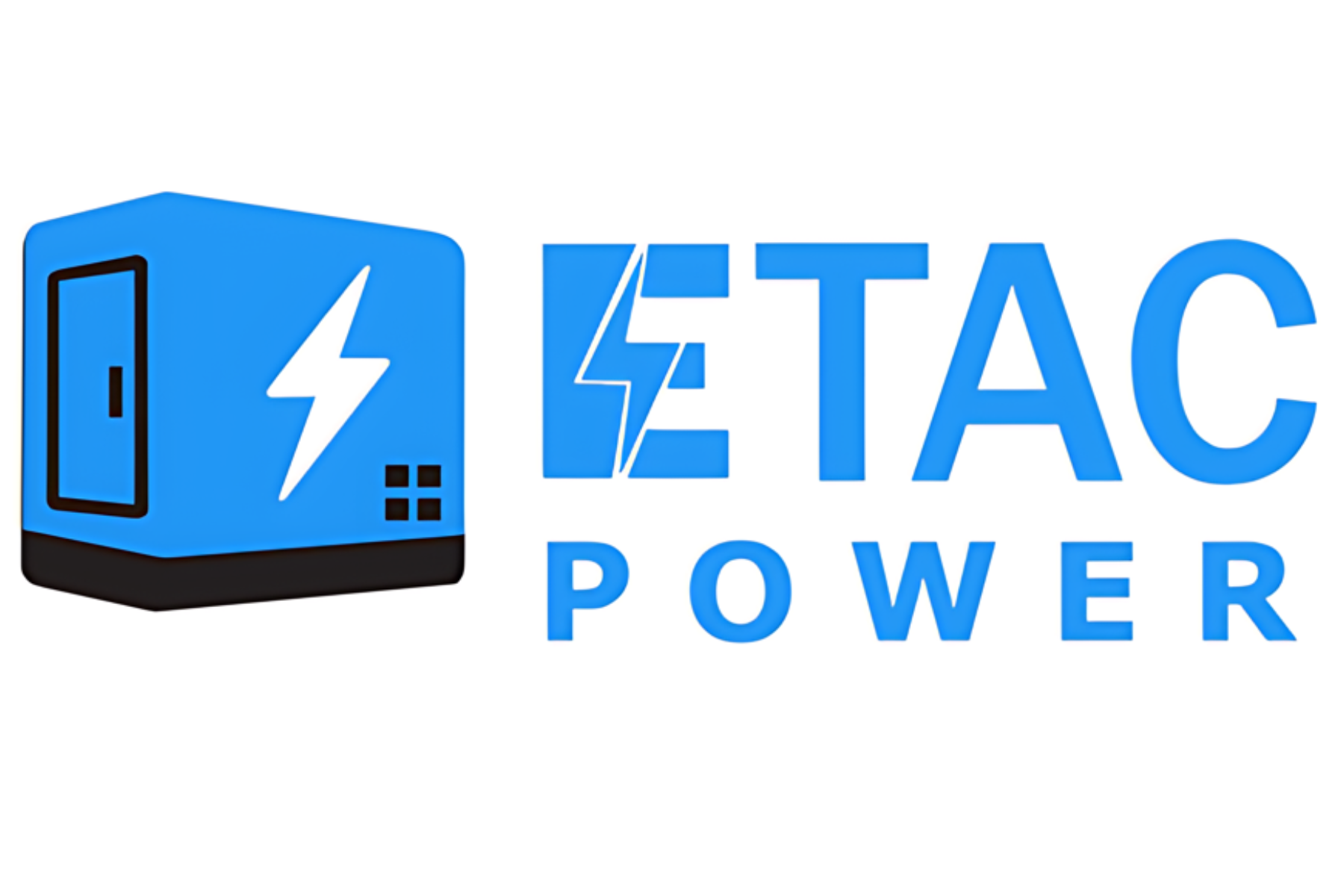
Containerized Generators in Canada
ISO container–housed generator packages engineered for rapid deployment, harsh environments, and low-noise operation. Built on 20 ft / 40 ft platforms with acoustic treatment, weather protection, and logistics-ready CSC certification.
Engine Platforms: Cummins · Perkins · MTU · Volvo · Doosan · Mitsubishi
Benefits of Containerized Gensets
- Logistics-ready: containers ship as standard freight—lower transport and handling cost.
- Low-noise performance: Advanced acoustic lining, airflow design, and multi-stage mufflers reduce sound at source.
- Rugged structure: Square-tube girders increase strength for higher dynamic loads vs. ordinary shipping containers.
- Weather protection: Designed for rain, snow and sand; stainless hinges/locks resist corrosion.
- Service access: Dual side doors, openable end doors and exterior ladder for easy maintenance.
Design Highlights
- Acoustic package: Sound-absorbing material with scientifically designed inlet/outlet airflow to reduce noise transmission.
- Structural upgrades: Square-tube girders improve mechanical strength for heavy-duty operation.
- Corrosion resistance: Stainless steel hinges, locks and fasteners; weather sealing against waves and rain intrusion.
- Integrated systems: Base tank, fuel piping, oil drain, exhaust muffler routing for safe, convenient operation.
- Options: Automatic fuel pump, coolant pump, double fuel-water separator, automatic paralleling/switchgear integration.
Key Specifications
| Parameter | Typical Specification |
|---|---|
| Power Range | 8–4000 kVA (Standby); Prime ratings available |
| Container Size | 20' ISO (commonly up to ~1000 kVA); 40' / 40'HC (commonly ≥1250 kVA). Final selection varies by engine/cooling/accessories. |
| Engines | Cummins, Perkins, MTU, Volvo, Doosan, Mitsubishi |
| Frequency | 60 Hz |
| Noise (typical) | Project-dependent; enhanced attenuation packages available to meet site limits |
| Structure | Reinforced square-tube girder frame; sealed doors; exterior ladder; multi-access service doors |
| Fuel System | Integrated base tank options; external day/bulk tanks; fuel polisher/auto transfer (optional) |
| Paralleling | Optional automatic paralleling and switchgear integration |
Note: Acoustic performance and container selection depend on engine model, radiator size, altitude/ambient, and accessory set.
How We Engineer a Containerized Package
- Duty definition: standby/prime, load steps, motor starting, harmonics.
- Thermal & airflow: radiator sizing, ducting, backpressure, ambient/altitude.
- Acoustics: target dBA at boundary, barrier effects, inlet/exhaust attenuation.
- Logistics & site: lifting, anchoring, cable routing, fuel autonomy.
- Compliance:CSA-compliant components
Compatible Engine Brands
Configure Your Containerized Generator
Share your load profile, runtime, ambient/altitude and noise target. We’ll size the containerized package, acoustics and accessories to meet Canadian codes.
FAQ
What is CSC certification and why does it matter?
CSC (Container Safety Convention) certification ensures the enclosure meets international standards for safe handling and transport—so your generator ships as a standard container, reducing logistics cost and complexity.
How do you choose between 20' and 40' containers?
It depends on engine family, radiator duty, and accessory set. Smaller ratings often fit 20', while higher ratings commonly require 40'/40'HC to accommodate cooling and access clearances.
How quiet can a containerized unit be?
With enhanced attenuation, containerized units can meet stringent site limits. We model intake/exhaust attenuation and panel lining based on your target dBA and receptor distance.
Is it CSA compliant for Canada?
Yes. We supply cULus-listed components and support CSA SPE-1000 field evaluation as required by local authorities.
